US informs Russia it won't rejoin Open Skies arms control treaty
The US has informed Russia of its refusal to rejoin a major arms control treaty to mutually conduct surveillance overflights ahead of a presidential summit between the two nuclear rivals.
Deputy US Secretary of State Wendy Sherman told Russia’s Deputy Foreign Minister Sergei Ryabkov that the Biden administration had decided not to rejoin the Open Skies Treaty.
Former president Donald Trump withdrew from the agreement that allowed surveillance flights over military facilities in both nations.
"The United States regrets that the treaty on Open Skies has been undermined by Russian violations," a State Department spokesperson, cited by NBC News, said.
"In concluding its review of the treaty, the United States therefore does not intend to seek to rejoin it given Russia's failure to take any actions to return to compliance."
The unnamed spokesperson said recent Russian actions, including in Ukraine, did not indicate it was a partner "committed to confidence building," referring to Russia’s recent military exercise within its own borders with Ukraine in response to a surge of war games by the US and its NATO allies.
Russia has rejected Washington’s allegations that it failed to abide by the treaty and blasted Trump's decision to exit the agreement.
The pact allows unarmed observation aircraft to fly over countries' territories to observe military forces. The treaty was intended to promote transparency and defuse potential tension between Russia and the West.
US President Joe Biden had censured Trump's withdrawal from the fact as “short-sighted” when he was still a candidate.
Last May, he said, “In announcing the intent to withdraw from the Open Skies Treaty, President Trump has doubled down on his short-sighted policy of going it alone and abandoning American leadership.”
His decision on Thursday, however, means that only one major arms control treaty between the two powers — the New START treaty, which would have expired in February but the Biden administration moved quickly to extend it for another five years — will remain in place.
Washington’s decision not to re-enter the Open Skies Treaty -- which was broadly backed by US allies in Europe and by Democrats in Congress as a trust-building measure between the two nuclear powers -- came only weeks prior to a planned summit between Biden and Russian President Vladimir Putin in Geneva.
Leading congressional Democrats and members of the European Union had urged the Biden administration to reconsider its exit and also called on Moscow to remain in the pact and lift flight restrictions, notably over its westernmost Kaliningrad region, which lies between NATO allies Lithuania and Poland.
Russia had that insisted the restrictions on observation flights it imposed in the past were permissible under the treaty and noted that the US had imposed more sweeping restrictions on observation flights over Alaska.
A number of US arms control experts have also criticized the Biden administration’s decision to exit the pact, which they describe as a helpful tool to prevent an inadvertent conflict or crisis.
Guardians of sky: How Iran’s radar network turned 12-day war into a blueprint for deterrence
The story of ancient Persia’s chromium steel
Iranian Navy chief calls for broader naval collaboration at MILAN 2026 naval exercise
VIDEO | Mini Iraq; A city in India that connects faith across borders
Pope skips America’s 250th anniversary despite Vance’s ‘in-person’ invitation
Iran condemns Israeli atrocities, ceasefire violations in southern Lebanon
US military buildup near Iran proves defeat in previous regional wars: Ansarullah
VIDEO | Declared dead, found breathing: The miraculous survival of Najwa after Israeli bombing of Gaza




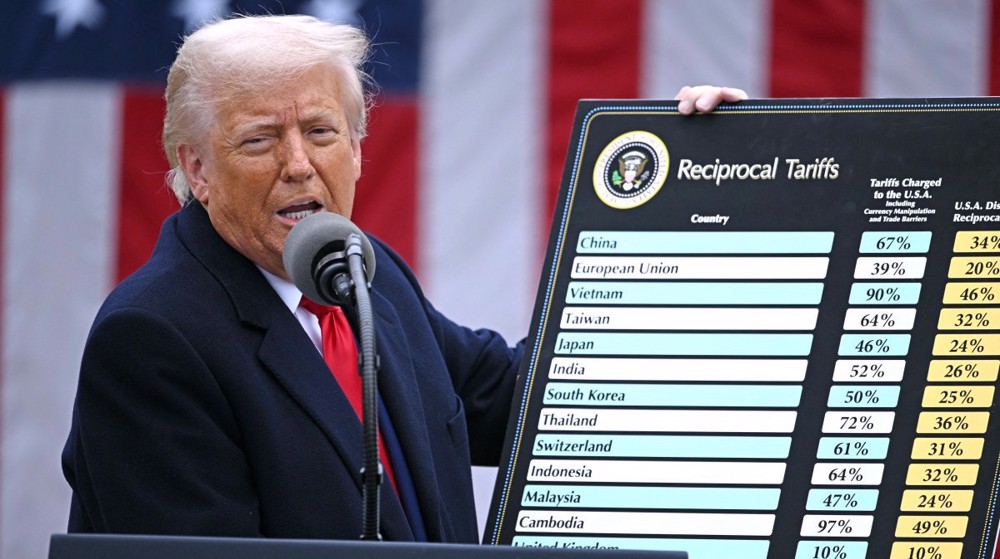

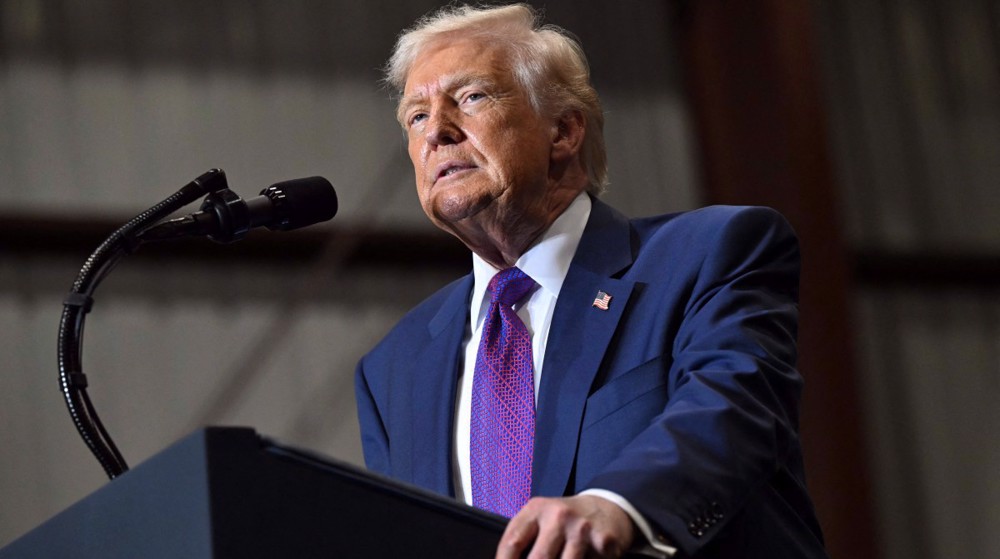




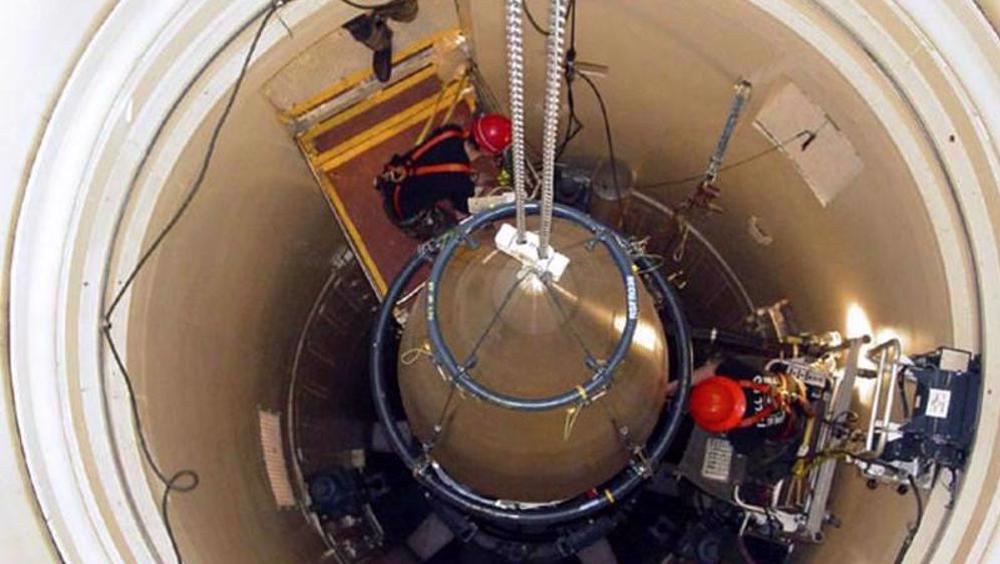
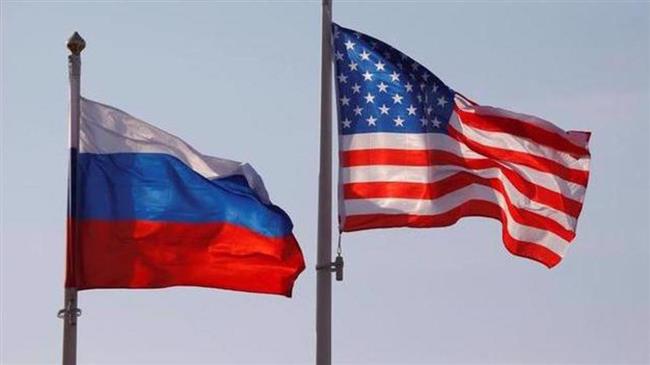
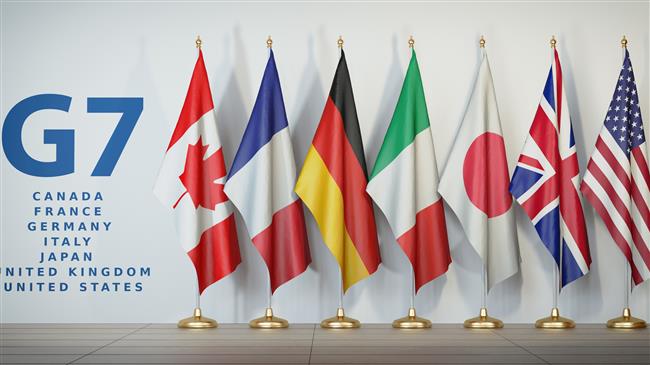

 This makes it easy to access the Press TV website
This makes it easy to access the Press TV website